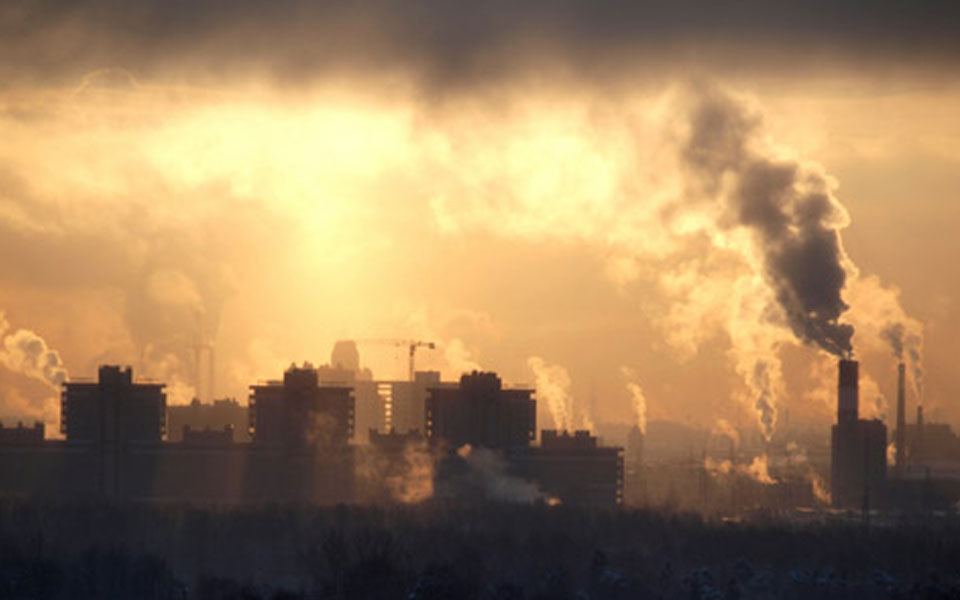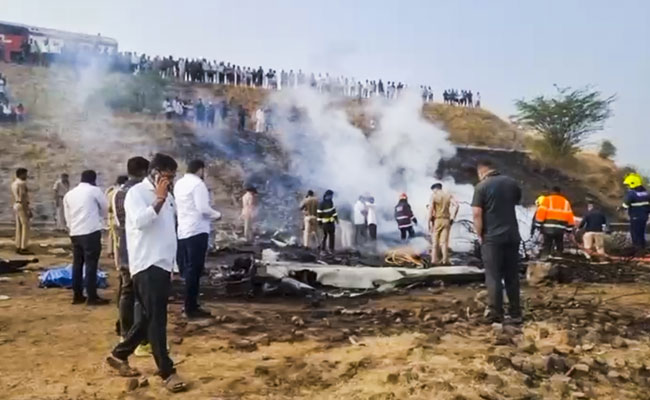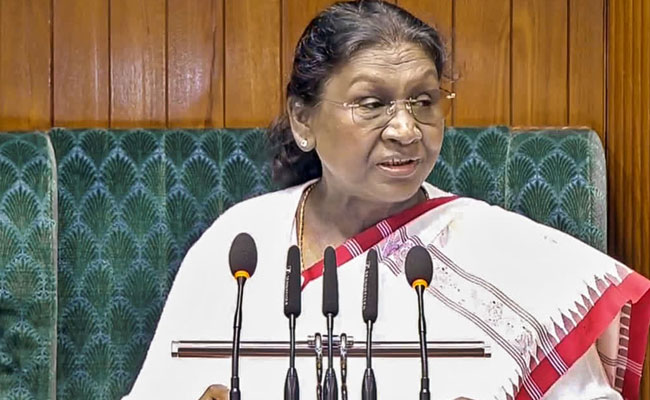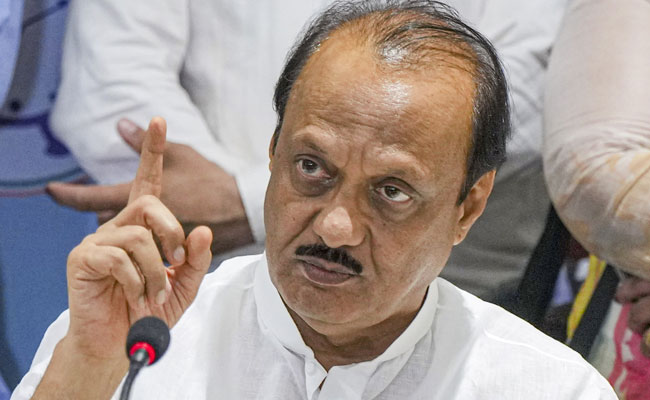The alarming level of pollution in national capital Delhi is a classic example of how the capitalistic growth has landed us in a miserable space. People there are struggling to be able to breathe clean air. They are scared to emerge from their houses owing to rising level of pollution. Schools and colleges are often declared holidays on days when the pollution level crosses beyond tolerable limit. Roads are empty. There are restrictions on vehicular movement. Yet, nothing seems to improve the condition there. Air pollution is a looming threat in other cosmopolitan cities in the country.
The Delhi High Court has ordered the government to restrict movement of ten year old diesel vehicles and fifteen year old petrol vehicles. This order may soon be replicated in other cities such as Bengaluru, Mumbai, Kolkata, Chennai and others. The situation of Delhi has worsened so much that oxygen units have been set up by the roads to supply clean air to people. People who go to work and children who go to school are forced to carry oxygen themselves. Freezing gusty winds coupled with polluted air, have made matters worse.
The reason for this miserable state of Delhi is known to everyone by now. Uncontrolled, unplanned and unbridled growth have left Delhi in shambles. Concrete jungle, blatant violation of safety norms, uncontrolled use of air conditioners and generators have landed Delhi in this wretched state. Though the government has initiated some steps to control pollution in Delhi, it has not been totally successful sine checking industries and burning of waste continues unabated. If things continue this way, our major cities would be reeling under the effects of air pollution. Every week, our major cities register over 4000-5000 new vehicles. We are not equipped with roads for them to ply on. We do not have roads that can accommodate them. The government does not have the political will power to ban new vehicles since the might of corporate companies and their bond with the government will silence every voice of concern.
Hence the whole situation is very dangerous. In Karnataka, Hubballi, Dharwad, Belagavi, Mysore, Hassan, Kalaburgi and other cities face the threat of air pollution leading to many disorders. The civic amenities such as drainage and waste management are not up to the mark. This apart, real estate and land mafia have not left green belt in every layout for breathing green space. Trees are cut during road widening works. Lay outs are coming up on dried lake bunds. Local governance has failed to maintain gardens. People can indiscriminately have borewells. Solar is not installed in most houses. No one is interested in harvesting rain water. Hence situation is going downhill everyday. Other cities will soon walk this path. It has to be our prime concern that we save lakes, wells and rivers along with green cover, forest areas and growing trees for our future generation,.
Government has to make up its mind to ensure air pollution is reduced in the coming days. But environmental concerns are not among the priority of those in power now. They are busy renaming places. The current flawed governance model is responsible for skewed development model followed by corporates. The BJP government is handing over rare forest cover into the hands corporates and is dividing people on faith to win elections. Hence the Yogi government in UP, Haryana and Gujarat ruled by the BJP are busy renaming places. The political parties need to take responsibility and ensure air pollution and other forms are among the manifesto of political parties. Vehicular movement has to be checked and public transport system has to be strengthened. Government has to initiate these significant steps. Of not, we would be forced to buy clean air the way we are buying water through corporate companies. If this has to be avoided, the state government has to get to the act now to check all sorts of pollution.
Let the Truth be known. If you read VB and like VB, please be a VB Supporter and Help us deliver the Truth to one and all.
Hyderabad (PTI): The Aircraft Accident Investigation Bureau (AAIB) will probe the plane crash at Baramati airport that killed Maharashtra Deputy Chief Minister Ajit Pawar and four others on Wednesday.
The Learjet 46, operated by Delhi-based VSR Ventures, crash-landed at the airport. There were five people onboard, including the crew members, according to the aviation regulator DGCA.
A senior official told PTI that the AAIB will be visiting the crash site and it will be investigating the accident.
AAIB is responsible for classifying safety occurrences involving aircraft operating in Indian airspace as accidents, serious incidents, or incidents. It carries out detailed investigations into accidents and also suggests measures to improve safety.





